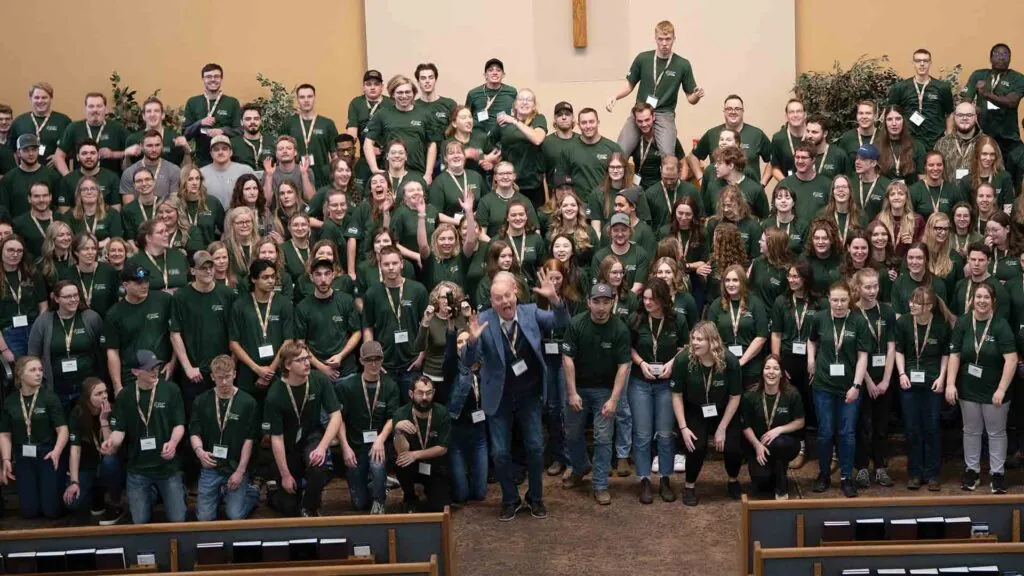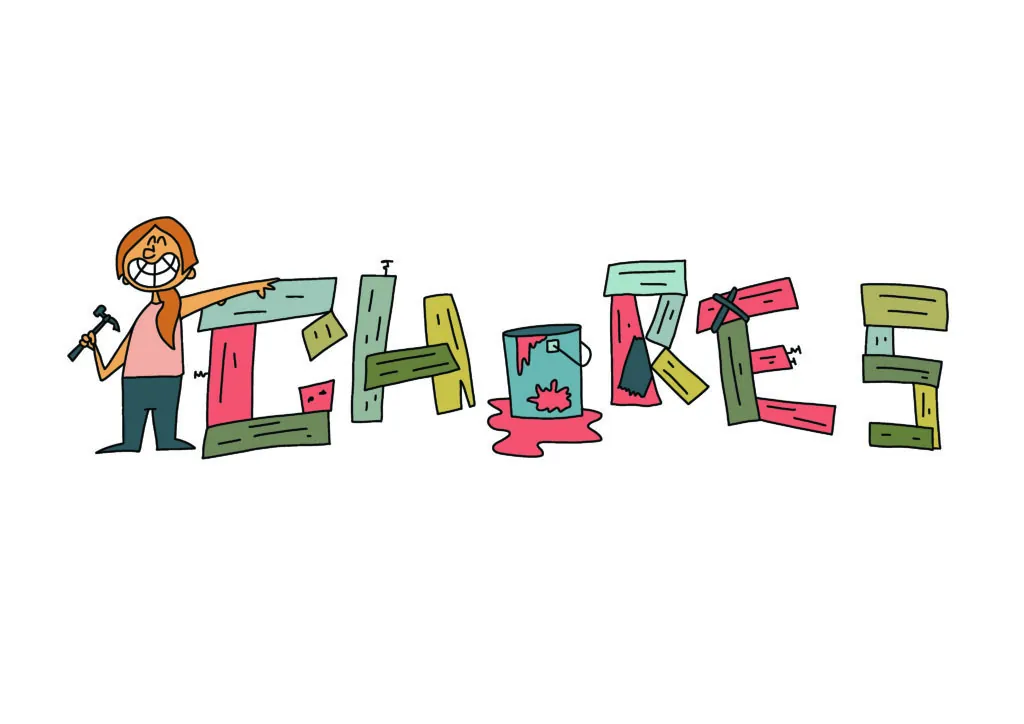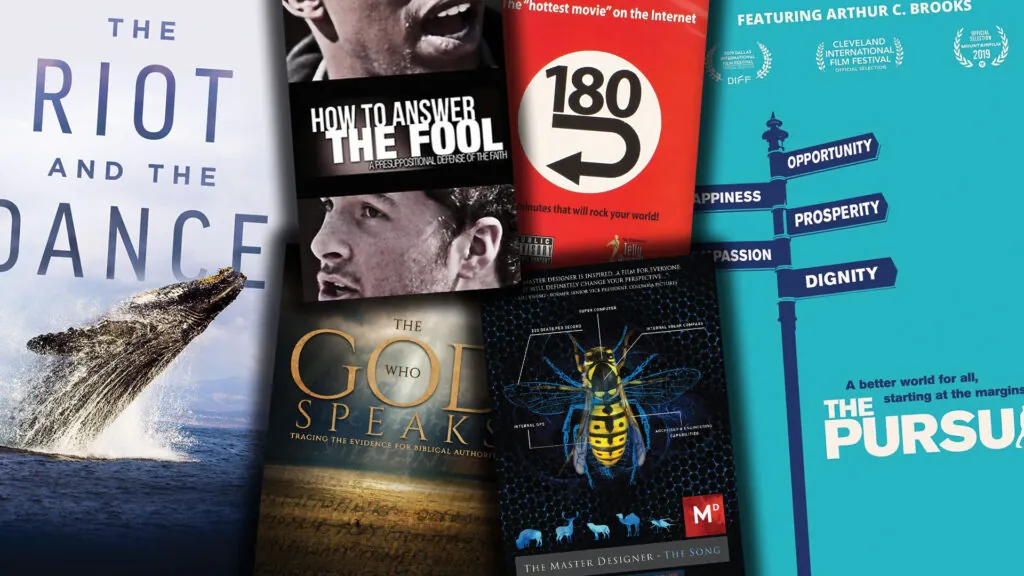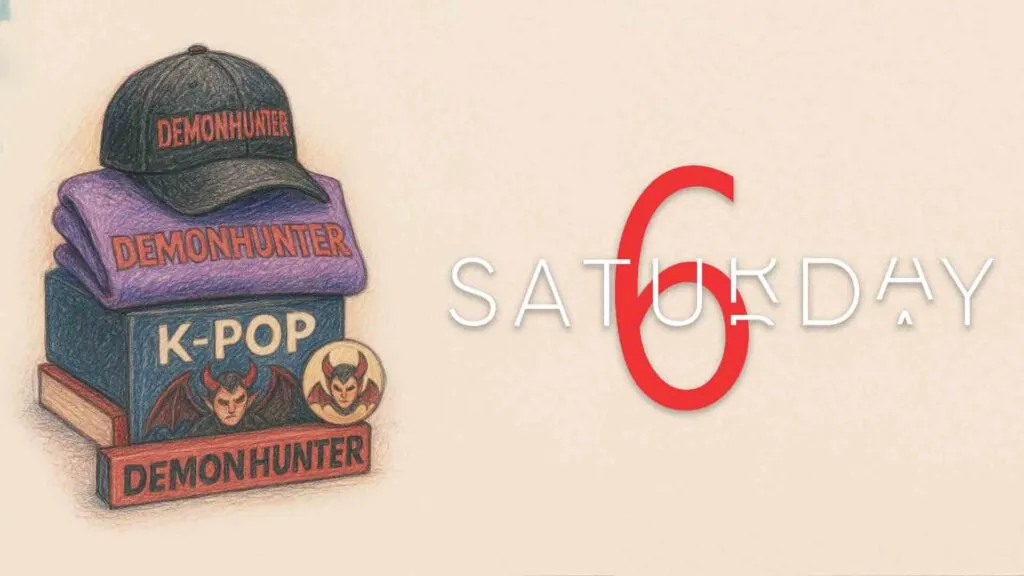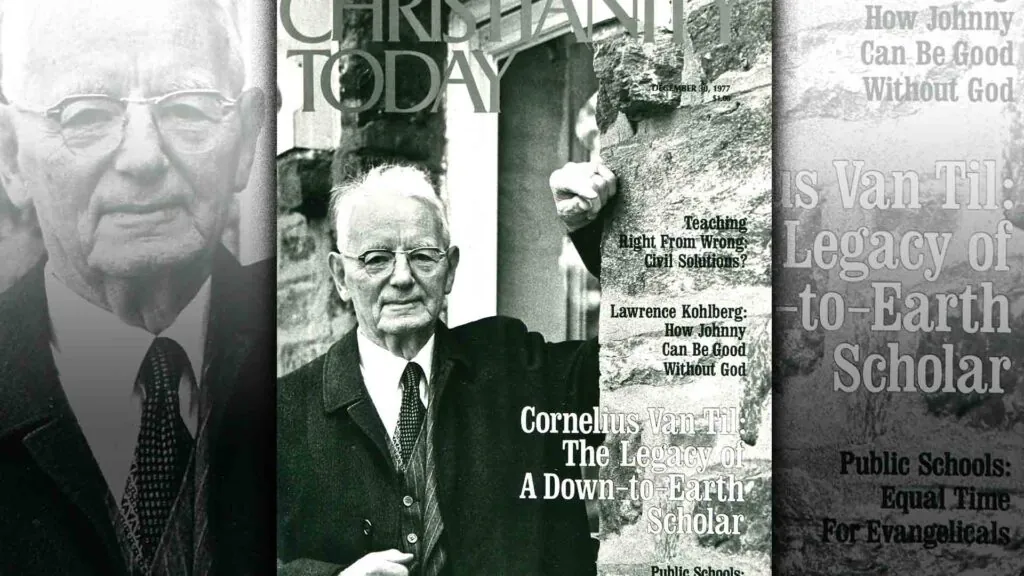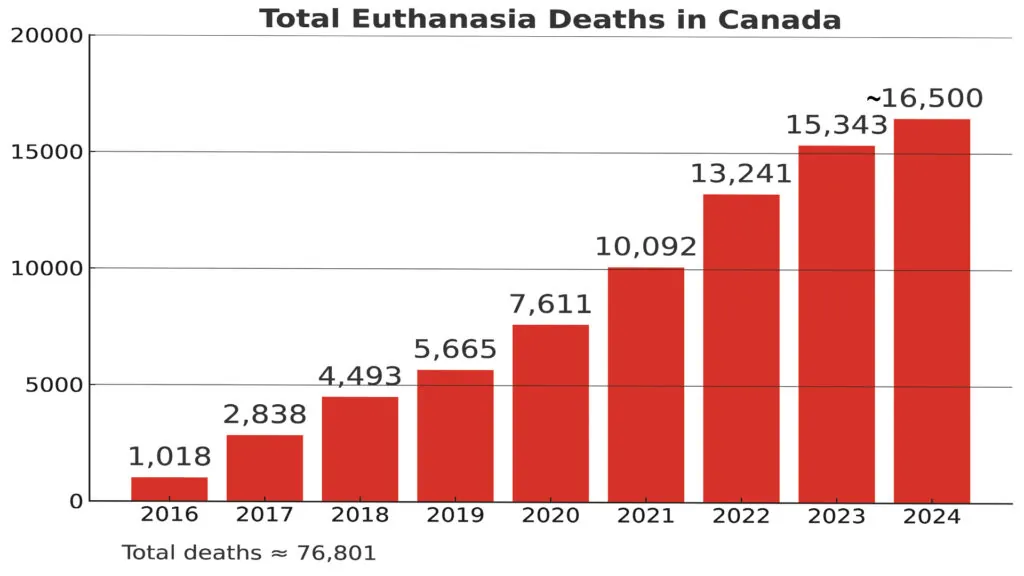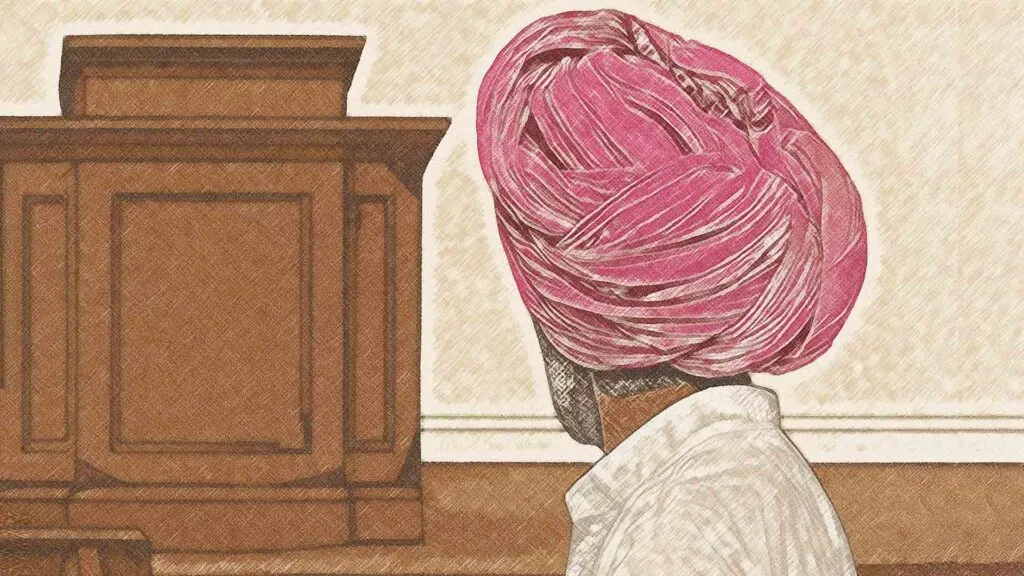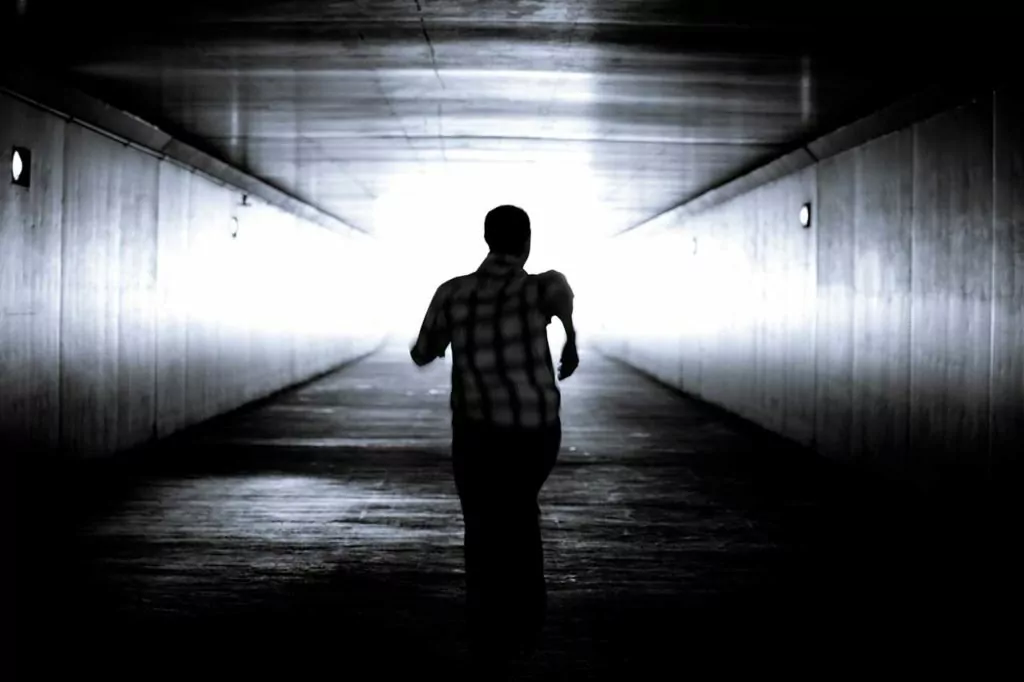
Articles, Entertainment, Movie Reviews
Reading films: are Christians as discerning as they used to be?
"Moving pictures" have only the briefest of histories, spreading throughout North America early in the twentieth century. The first movie theatres were converted stores with hard wooden benches and a bedsheet for a screen, and they came to be known as "nickelodeons" because the admission price was five cents. Films were short – in 1906 the average length was five to ten minutes. In 1911 the earliest cinema music was played on tinkling pianos.
During the silent film era, slapstick comedy – which depends on broad physical actions and pantomime for its effect rather than dialogue – was widely prevalent. With the advent of the "talkies" in the 1930s, screwball comedy became widely popular. It was laced with hyper action, was highly verbal, and noted for its wisecracks.
In 1939 the first drive-in theatre was opened on a ten-acre site in Camden, New Jersey.
A brief history of the Church and movies
When movies first because a form of widespread public entertainment, Christians were frequently warned against movie-going. Many "fundamentalist" pastors forcefully exhorted, "When the Lord suddenly returns, would you want to meet Him in a theatre watching a worldly movie?" In Reformed Churches too, Christians were also exhorted not to attend movie theatres.
1. The Christian Reformed Church (CRC)
As early as 1908 the editor of the CRC denominational magazine, The Banner, complained:
"Theatre going supports a class of people that frequently caters to the lowest taste of depraved humanity, actors and actresses and their employers."
A general objection was that the movie industry as a whole tended to be "of the world," and thus against Christian values and the church… and ultimately against God's Kingdom.
The CRC 1928 Report of the Committee on Worldly Amusements paid close attention to the question of worldliness in relation to the movies. The Report stopped short of calling the whole movie industry anti-Christian, but still issued severe warnings against attending movies. CRC Synod 1928 judged:
"We do not hesitate to say that those who make a practice of attending the theatre and who therefore cannot avoid witnessing lewdness which it exhibits or suggests are transgressors of the seventh commandment."
In 1964 the CRC took another serious look at the movies. The CRC realized that its official stance and the practice of its members were at great variance, producing a "denominational schizophrenia and/or hypocrisy." In 1966 a major report The Film Arts and the Church was released. It differed substantially from the earlier studies. Film, it said, should be regarded as a legitimate means of cultural expression, so the medium of film must be claimed, and restored by Christians. The Report was idealistic in hoping that members of the CRC would become discriminating and educated moviegoers, reflecting on and discussing films as part of their cultural milieu.
The review of movies in The Banner began in 1975, but faced strong opposition. But in time the Reformed doctrine of the antithesis (we should not be just like the world) became muted in the choice of movies made by CRC members. There was little difference in what they watched, and what the world watched.
2. The Protestant Reformed Church (PRC)
The PRC was fervent in its denouncement of movies and movie attendance. The PRC considers all acting as evil, as is the watching of acting on stage, in theatres, on television, or on video. PRC minister Dale Kuiper said, "Certainly the content of almost 100 per cent of dramatic productions (movies, television programs, plays, skits, operas) place these things out of bounds for the Christian."
But already in 1967 a writer noted that PRC practice did not match PRC principle: "When I was formerly an active pastor in a congregation, it was always a source of sad disappointment to me that so few of our young people could testify, when asked at confession of faith, that they had not indulged in the corruptions of the movie." And since 1969 and continuing till today, various pastors and professors have lamented that large numbers of PRC members watch movies, either in theatres or, more often, on television.
3. Evangelicals
Evangelicals have a history of making films as a way of teaching Christian values. The Billy Graham organization Worldwide Pictures made modest independent films to evangelize youth: The Restless Ones (1965), about teenage pregnancy; A Thief in the Night (1972), an end-times thriller; and the Nicky Cruz biopic, The Cross and the Switchblade (1970). A reporter dubbed them "religious tracts first, entertainment second."
More recently, evangelicals made new producing sci-fi films about the apocalypse, which critics claim are embarrassingly poor-quality – artistically flawed – productions marketed in the name of evangelism. As examples, they refer to the three profitable Left Behind Movies (2000, 2002, 2005).
There has also been a trend to create "family-friendly" movies. However, these movies tend to depict a world where all issues are plain and simple. Evildoers are destroyed, the virtuous rewarded, and often times the “good” characters have within themselves everything they need to secure their destiny. Clearly, then, this is not the real world.
We've also seen, among evangelicals, a defense of less than family-friendly films. Already back in 1998, the Dallas Morning News ran a story about the growing number of Christians who advocate going to even R-rated movies. The reason? Evangelical filmmaker Dallas Jenkins said, “Non-Christians are just as capable of producing God-honoring and spiritually uplifting products as Christians are, and I've been as equally offended by a Christian's product as I've been moved by something from a non-Christian."
Perspectives
So how should Christians think about films? How can we approach them with discernment?
It begins with recognizing that a film is more than a form of entertainment: it propagates a worldview. Films often:
- exalt self-interest as the supreme value
- glorify violent resolutions to problems
- promote the idea that finding the perfect mate is one's primary vocation and highest destiny
Films also so often promote a view of romantic love as being passionate and irresistible, able to conquer anything, including barriers of social class, age, race and ethnicity, and personality conflicts. But the love it portrays is usually another euphemism for lust. In Images of Man: a Critique of the Contemporary Cinema, Donald J. Drew observes that in contemporary films, the context makes it clear that love equals sex plus nothing.
An underlying assumption in mainstream Hollywood films is that the goal in life is to become rich. And acquiring things is even supposed to make you a better person! But the values of consumerism, self-indulgence and immediate gratification can harm individuals, families, and communities.
Titanic (1997)
Most films depict a world in which God is absent or non-existent. For example, there is nothing in the film Titanic to suggest that God is even interested in the fate of those on board the sinking ship. Whether uncaring or impotent, God is irrelevant in the world of this film. In his book Eyes Wide Open: Looking for God in Popular Culture, William D. Romanowski comments:
"Whatever outward appearances of belief dot the landscape of Titanic, they have little bearing on the faith of the main characters, especially when compared to the film's glorification of the human will and spirit."
The principal character Rose Bukater is engaged to Cal Hockley, who is concerned only with the approval of his social set. He equates wealth and social status with worth and character. Aware of the limited lifeboat capacity, Rose says, "Half the people on the ship are going to die." The snobbish Cal responds, “Not the better half.” These attitudes run against the grain of American values associated with freedom and equality. And because he is the obvious bad guy, the director has so framed things that whoever stands against Cal will be understood, by the audience, to be the good guy. And so we see in opposition to Cal, the free-spirited artist Jack who is the ultimate expression of pure freedom. His character traits, talent, and good looks easily identify him as the hero. And so the scene is set that when Rose and Jack have an illicit sexual encounter, the audience is encouraged to cheer this and want this, because it is for Rose a declaration of independence from her fiancé and her mother's control over her. The now famous sex scene sums up many of the film's themes: Forbidden love, class differences, and individual freedom.
The Passion of the Christ (2004)
There was, not so long ago, a film in which God was included. Mel Gibson's The Passion of the Christ was highly recommended by evangelicals for its realistic portrayal of Christ's suffering and death. But how true to the Gospels is the film? Why did the director have Jesus stand up to invite more scourging by the Roman soldiers? Was the suffering Jesus endured primarily physical, as this film portrays? Is the film historically accurate or is it a reflection of Gibson's theology? Co-screenwriter Mel Gibson said that he relied not only on the New Testament but also on the writings of two nuns, Mary of Agreda, a seventeenth-century aristocrat, and Anne Catherine Emmerich, an early nineteenth-century stigmatic.
The violence in the film became a matter of much debate when the film was released. On the one hand, the head of an evangelical youth ministry said, "This isn't violence for violence's sake. This is what really happened, what it would have been like to have been there in person to see Jesus crucified." On the other hand, many critics cringed at the level of violence in the movie. Romanowski comments, "In my estimation, it is difficult to provide dramatic justification for some of the violence in the film."
Star Wars (1977)
While the inclusion of God in a film is a rarity, the inclusion of spirituality is not. One of the most iconic and controversial film series has been Star Wars. In 1977 it hit the big screens and it was an immediate success. Legions of fans formed an eerie cult-like devotion and the box-office receipts were astronomical. It originated a new genre – the techno-splashy sci-fi soap opera.
The film definitely has a semi-religious theme. In From Plato to NATO David Gress writes that the Star Wars film saga broadcast a popular mythology of heroism, growth, light, and dark sides, wise old men and evil tempters, all concocted by the California filmmaker George Lucas. Much of the inspiration came from the teaching of Joseph Campbell, who claimed there is truth in all mythology. Campbell wrote in 1955 that "clearly Christianity is opposed fundamentally and intrinsically to everything I am working and living for."
Meanwhile, John C. McDowell, Lecturer in Systematic Theology at New College, University of Edinburgh, finds something redemptive in Star Wars. He analyses the "classic trilogy" Star Wars, The Empire Strikes Back, and the Return of the Jedi in his book The Gospel according to Star Wars: Faith, Hope, and the Force. He calls these films a "pop-culture phenomenon" of unprecedented stature and much more than mere entertainment.
He suggests that the films carry even "more influence among young adults than the traditional religious myths of our culture." He argues that these films possess rich resources to change and transform us as moral subjects by helping us in some measure to encounter the deep mystery of what it means to be truly human. He even claims that Star Wars is "a parabolic resource that reveals something of the shape of a Christian discipleship lived under the shadow of the cross." He notes that the theology of the original trilogy is difficult to pin down – though the interconnectedness of all of life does seem to be the fruit of the Force in some way and this is therefore exalted as the movies' "good" or "god." McDowell also discovered pacifist themes in the films – according to him, Star Wars at its best possesses radical potential to witness to a set of nonviolent values.
Critical assessment
Should we warn Christians about the kind of movies they are watching, whether in a theatre or on TV? Some say, "They are only movies. They won't influence us."
I wonder whether the lack of critical thinking by evangelicals is the result of the tendency to privatize faith, confining religious beliefs to personal morality, family, and the local congregation, all the while conducting their affairs in business, politics, education, and social life, and the arts much like everyone else.
Aren't even many Christians overlooking the persistence of evil in human history? We live in a fallen world that is at once hostile to God and also in search for God. Works of art can glorify God – including film art – but they can also be instrumental in leading people away from Him. Ever since the fall, human beings have been in revolt against God, turning their gifts against the Giver. Art, along with nearly every human faculty, has been tainted by the fall. Indeed, one of the first phases of the disintegration brought by sin was the usurpation of art for the purpose of idolatry (Rom. 1:23).
Most people believe they are personally immune to what they see on the film screen or on TV. How do we grow in our faith? Not by watching and observing a steady diet of movies. We must restore the primacy and power of the Word of God. God gave us a book – the Bible – and not a movie. We should be critical in our thinking, and apply our Biblical worldview. Scripture calls us to "test everything. Hold on to the good. Avoid every kind of evil" (1 Thess. 5:1-22).
Rev. Johan Tangelder (1936-2009) wrote for Reformed Perspective for 13 years. Many of his articles have been collected at Reformed Reflections.
This article was first published in November 2019.









